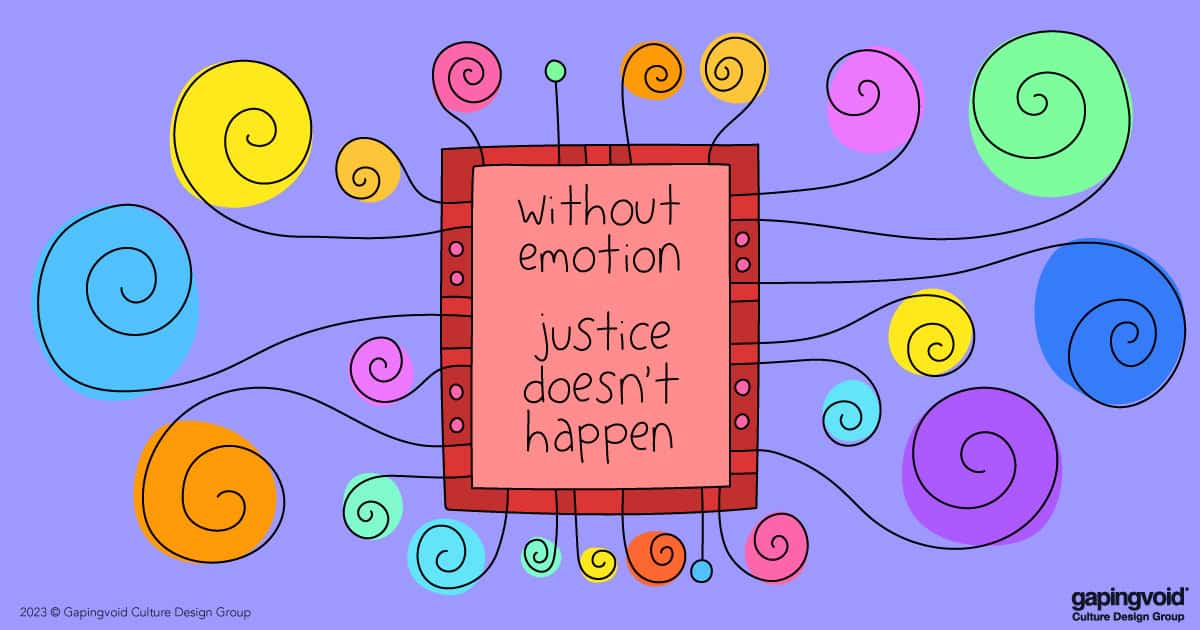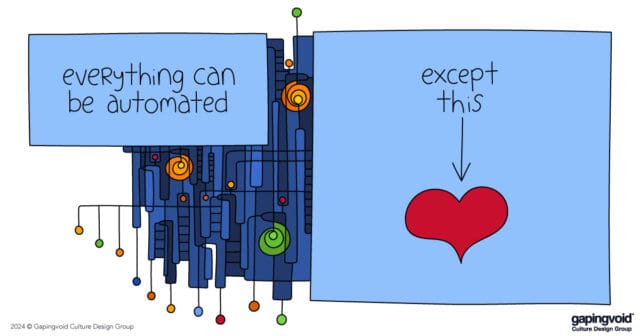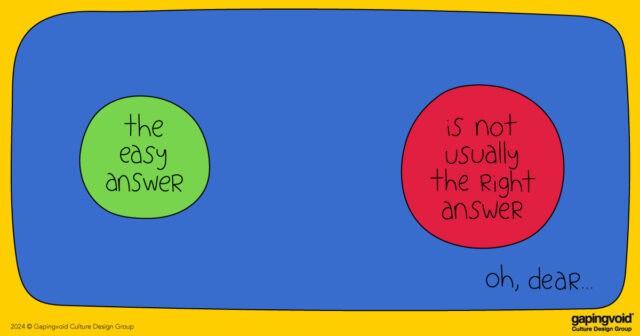
Martin Luther King Jr. (MLK) was a breath away from not saying “I Have a Dream.”
What is arguably the greatest speech in the history of American politics almost didn’t happen.
Instead, his plan was to tell the marchers to “go back to [your] communities as members of the international association for the advancement of creative dissatisfaction.”
At the last moment, before launching into the creative dissatisfaction module of his speech, he hesitated, and a close friend sitting on the stage behind him shouted “tell them about the dream, Martin.”
He broke away from his plan and started to improvise. As emotion and clarity rang from his voice, he went on to deliver one of the most revered speeches in American history.
In a contest between “I Have a Dream” and “the advancement of creative dissatisfaction,” we all know which words win. The emotional ones. The ones that speak to a universal human experience: dreaming and yearning for something more.
Raw, vulnerable, personal, and graced by the simplicity of sincerity, the phrase “I Have a Dream” has found a home in the soul of the nation.
From our view, what MLK did on August 28th, 1963 sums up the true task of any leader. Craft an alternate reality, a dream for a different future, and communicate it to those you seek to serve.
MLK is the perfect example, and we can all think of others: John F. Kennedy’s “we choose to go to the moon,” and Henry Ford’s idea of creating “a motor car for the great multitude” come to mind.
Transformation starts and ends with language and the stories we tell ourselves. Even two simple words can change the world. Unfortunately, “the advancement of creative dissatisfaction” sounds like most average corporate mission statements these days.
As we’ve said for over a decade now, nothing happens until we feel something. A timely reminder, as we honor MLK’s life and legacy, a man who did this so well.



